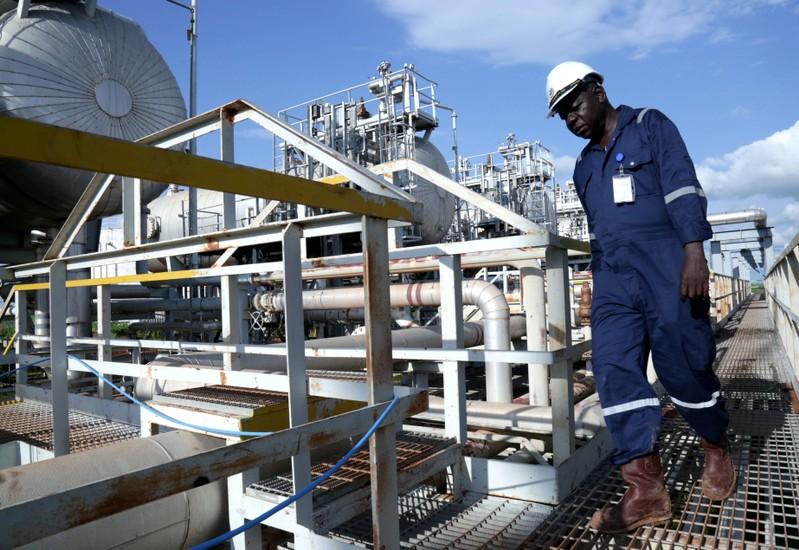By William Madouk
As fighting continues in Sudan amid a shaky ceasefire, the two warring parties ostensibly threaten to stop exportation of South Sudanese oil via the Khartoum pipeline to the international market.
Minister Pout Kang Chol was prompted to immediately hold an emergency meeting with President Salva Kiir Mayardit to find ways to mitigate the threats.
“However, maybe you have seen a message circulating in the media where our (oil) production is threatened;” the minister alluded to members of the council of states.
Mr. Kang disclosed to members of the Council of States that a document threatening oil exports forced him to rush for an urgent talk with the president.
The minister apologized for responding late for summon by the Council of States to answer queries on ‘rising cases of deformed birth and other health concerns in the oil-producing areas in South Sudan.
“I had to go to H.E. the president to inform him. But we establish communication to prevent what is about to happen,” he added.
The minister regretted the delay but said he was supposed to attend the sitting early in the morning.
“We were supposed to be here at 10 a.m. because the sitting was supposed to start at 10:30 a.m.,” Kang told members of the council of states, on Monday.
Kang noted that the warring parties are putting South Sudan’s oil exportation in a tight spot, yet he assured that President Kiir to hand the matter with the Sudanese sides.
“I want to mention that the document that was mentioned is very true. Here it is difficult to explain—the two parties are giving us the condition, the sandwich of South Sudan,” he noted.
In Juba, oil accounts for over 90 percent of the government budget and 70 percent of the GDP. The country produces 156,700 barrels per day.
According to the IMF, any disruption spells doom for an already ailing economy with an inflation rate of 27.8 percent and a high risk of debt distress.
The fighting in Sudan erupted on April 15 between forces loyal to Gen. Abdel Fattah al-Burhan, and the paramilitary Rapid Support Forces under his deputy, Gen. Mohamed Hamdan Dagalo ‘Hemedti’.
According to the Transitional Financial Arrangement signed after South Sudan achieved independence in 2011, Juba pays Khartoum fees and a non-commercial tariff to ship its crude to international markets.
In 2022, South Sudan paid Khartoum $148 million as a cost for oil processing, transportation, and transit fees. The country earned $1.4 billion in oil revenues, compared with $135 million in non-oil revenues.
Minister for Information, Michael Makuei, said earlier that Juba grapples with a significant drop in oil prices, with buyers lowering the price to as low as $70 per barrel due to the wave of insecurity in Sudan.
Makuei revealed that his counterpart in the petroleum docket, Puot Kang Chol, exuded confidence in the flow of the commodity but remained coy over the creeping uncertainty.
According to him, the government is now considering utilizing the Bentiu oil refinery, which remains operationally save, for the lack of a storage facility and evacuation routes.




